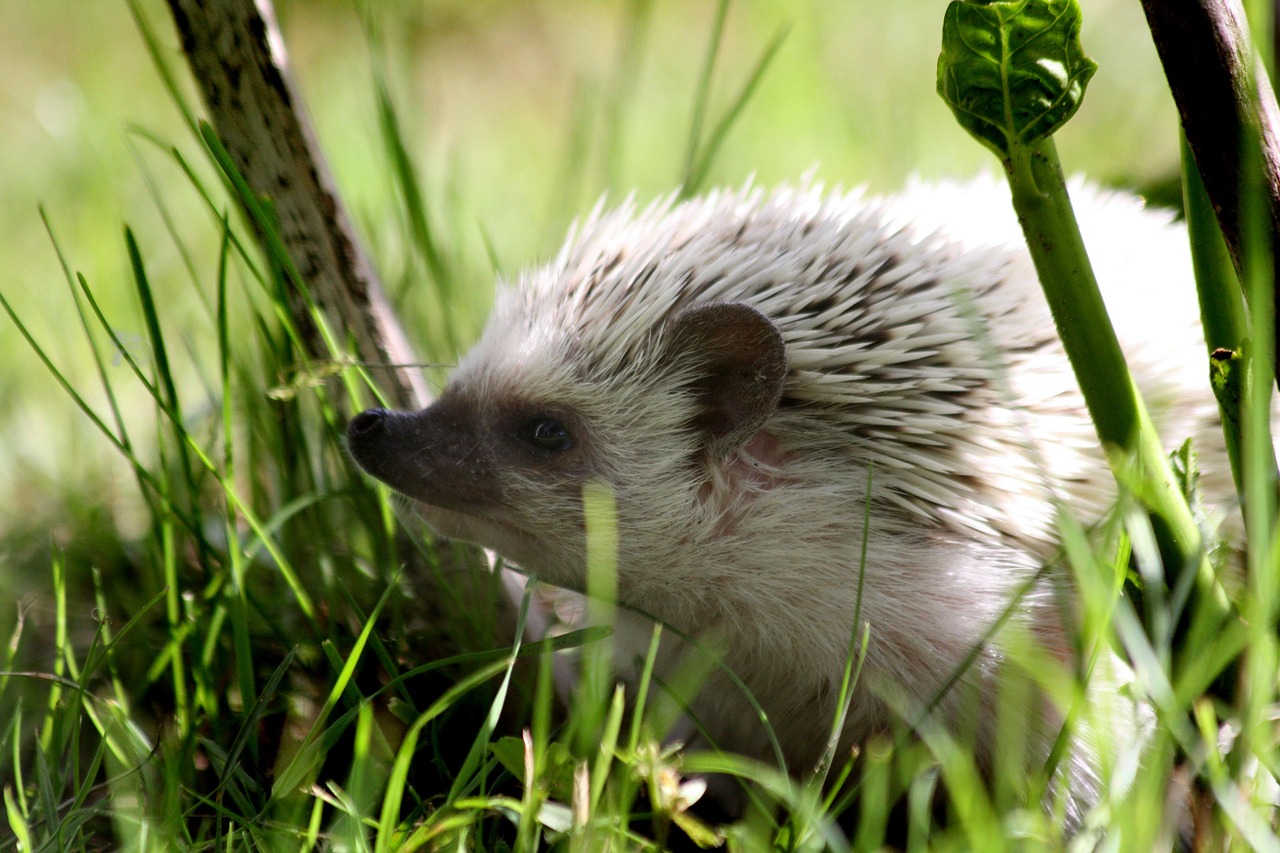Decoding the Intricacies of Hedgehog Care: A Comprehensive Guide
Introduction: Hedgehogs have been gaining popularity as unusual yet captivating pets. This article seeks to unravel the intricacies of hedgehog care, offering an in-depth exploration of their needs, behavioral traits, and the challenges of keeping them as pets.

Understanding Hedgehogs: A Brief Background
Hedgehogs, known for their distinctive spiky quills, belong to the family Erinaceidae. Although these creatures are often associated with British gardens, they are native to a wide range of habitats across Europe, Asia, and Africa. The species predominantly kept as pets, the African Pygmy Hedgehog, was domesticated in the 1980s, paving the way for their introduction into the pet trade.
Current Trends in Hedgehog Ownership
The fascination with these spiny mammals has been growing, particularly in North America and Europe. As per the American Pet Products Association, around 200,000 households in the U.S. reported owning a hedgehog in 2019. Despite their rising popularity, owning hedgehogs remains illegal in certain regions due to concerns about them becoming invasive species.
Cost and Market Impact of Hedgehog Ownership
Hedgehogs are relatively expensive pets, with prices ranging from $100 to $300, depending on their age and coloration. The cost of maintaining them, including their habitat setup, food, and healthcare, can also be substantial. Despite the expenses, their demand continues to grow, significantly impacting the pet industry and contributing to the emergence of specialized hedgehog care products.
Science-backed Insights into Hedgehog Behavior
Research into hedgehog behavior has revealed them to be nocturnal, solitary animals with a keen sense of smell. They communicate through a combination of sounds, smells, and body language, and their infamous curling into a ball is a defense mechanism against predators. They also display a unique behavior called self-anointing, where they coat their quills with frothy saliva when encountering new smells—a phenomenon yet to be fully understood by science.
Ensuring Optimal Care for Pet Hedgehogs
Caring for hedgehogs requires understanding their specific needs. They need a warm environment, as they can go into a potentially dangerous state of torpor if exposed to cold temperatures. Their diet should consist of high-quality dry cat food supplemented with insects, fruits, and vegetables. Adequate socialization is necessary to foster trust with their human caregivers.
In conclusion, while hedgehogs are indeed fascinating pets, their care necessitates a commitment to understanding and fulfilling their unique needs. The rising trend of hedgehog ownership underscores the importance of spreading awareness about responsible and informed pet care.




